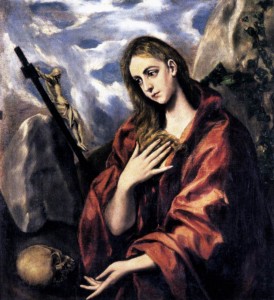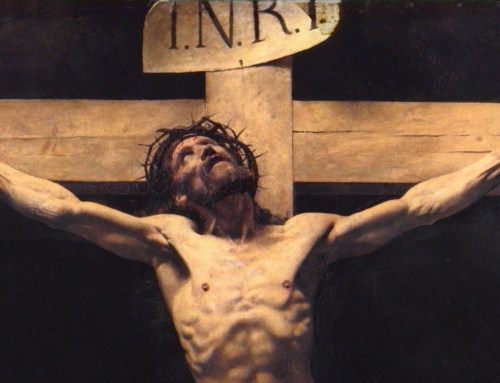On June 6, 2015, a surge swept across the Long Island Sound as a horse and jockey closed in on the Triple Crown in Belmont Park. Fueled by adrenaline, competition, and anticipation, an eruption of excitement accompanied the leader down the final stretch. When they crossed the finish line, the Triple Crown champions were greeted by another roar from the crowd—this one more profound and sustained.
As the pair trotted the victory lap, their pulses calmed, but the applause did not. The crowd’s elation and emotion had sobered and transferred into rejoicing in the achievement. This praise was different. It was more of an adoration or exaltation of a victory—the kind that doesn’t come around often. This type of cheer is not granted to the yearly champs, the seasonal symphonies, nor the newly elected. American Pharoah won an applause fit for a king returning from war with spoils. The crowd received something by the victory.
Watching and listening to the crowd called to mind the praise in heaven. How must this jubilation compare to the eternal praise that awaits God’s elect? Especially the kind mentioned in the Gospel of Luke:
There will be more rejoicing in heaven over one sinner who repents than over ninety-nine righteous persons who do not need to repent. (Lk 15:7)
No doubt, Mary Magdalene’s conversion caused such an uproar. The patron of penitents is widely known for her turn from evil. She’s not known as the righteous person. The righteous person does not need seven demons evicted. She was full of vice, a darkness that leads one into further darkness. Yet, we read in Luke’s gospel a powerful, ceremonious moment of conversion. Mary Magdalene casts herself at Christ’s own feet, bathing them with tears as the righteous Pharisee looks onward. The story makes one want to break out into Amazing Grace.
Yet, as glorious as the moment of repentance is—when a sinner pleads for mercy at the feet of Christ—the sinner does not yet receive a crown. There is no sinner’s prayer that leads directly to glory. Rather, the sinner’s life must become a prayer until death. “He that perseveres until the end, he shall be saved” (Mt 24:13). Mary Magdalene was a sinner who knew repentance, and that is why she threw herself at the feet of Christ at the table, under the Cross, and beside the tomb.
Her conversion and victory was not a one-and-done moment. It was not a fleeting accomplishment met with a finite award. Those perishable crowns handed to athletes are celebrated and then passed on. At times, Super Bowl Champions, interviewed in the midst of the celebration, will talk about the next season. But someone who is repentant doesn’t talk about their next conversion. They continue to live it out every day.
When one turns back to God and begins to live the life of conversion, a battle ensues. “For the flesh lusteth against the spirit: and the spirit against the flesh” (Gal 5:17). When St. Paul encourages us to run so as to win the race, he’s appealing to the virtue of fortitude. A convert needs the courage to sustain and overcome the difficulty that following Christ entails. But that courage or fortitude is insufficient if its confidence is placed in oneself. We don’t fight this battle alone; God is with us. Yet, we must ask for Him.
Mary Magdalene gave herself repeatedly to the Lord in her life. She was not denied God’s help. She sought Christ and was the first to see Him resurrected. She was blessed to be the Apostle to the Apostles. Yet, even after she announced the Resurrection, she is said to have lived as a hermit. Her life then became an extension of her time at the foot of the Cross. She serves as a model for us in many ways.
Mary Magdalene and St. Dominic, El Greco
The act of contrition, which we recite in sacramental confession, typically ends with a prayer for the help of God’s grace to confess one’s sins, to do penance, and to amend one’s life. We see in the life of Mary Magdalene this threefold action carried out. She confesses her sins and has vice expelled from her life. She goes to the confines of the cave to live a life of penance, thanking the Lord for all His gifts. Lastly, we see her perseverance as she is counted among the saints.
In her admirable confession, her penance, and her perseverance, Mary Magdalene did not act alone. She held on to God, allowing Him to carry her into His glory. She was praised at the end of her earthly race, but her victory was really God’s victory. By rejoicing in her conversion, heaven rejoices in God’s unfailing help and mercy.
The true triple crown belongs to the Most Holy Trinity: Father, Son, and Holy Spirit. Our victory, the victory of the sinner’s repentance, belongs to God and His triumph on the Cross. Heaven rejoices in God.
✠
Image: Saratoga Racetrack 1907









